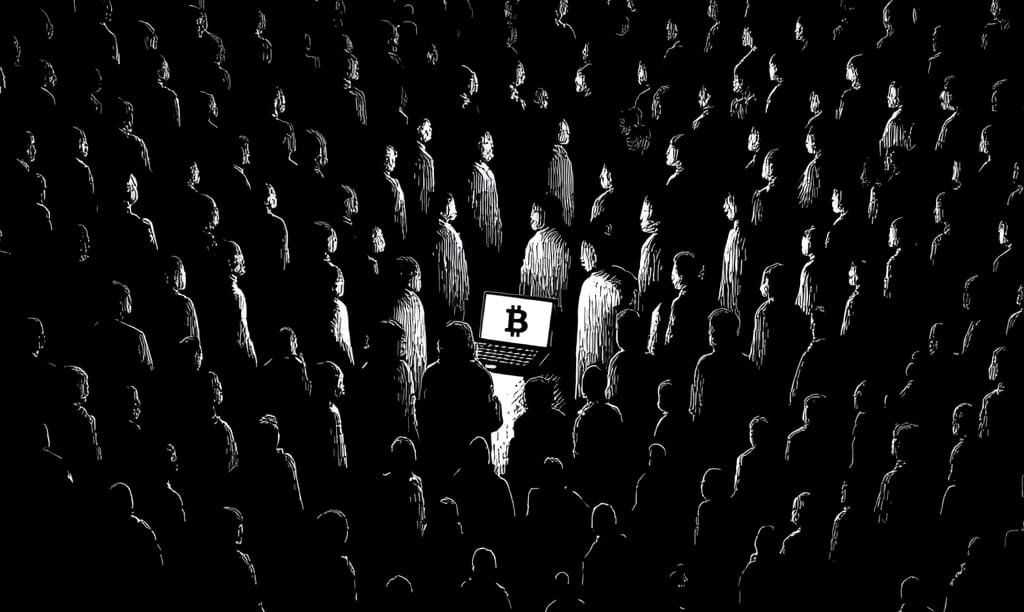
Bitcoin’s Revolution Won’t Be Televised
Not all revolutions start with fire.
Some start with a headline.
And a line of code.
The first Bitcoin block was mined on January 3rd, 2009.
Etched into it was a single line of text:
“The Times 03/Jan/2009 Chancellor on brink of second bailout for banks.”
This wasn’t a timestamp. It was a protest.
A message — quietly embedded at the very moment the old order was printing trillions to save itself.
To understand that line, you have to understand what was happening.
This wasn’t symbolic. It was a direct shot. A rejection. A break in the pattern.
Bitcoin’s Genesis Block was a digital echo of an ancient protest: No Kings.
From the American colonies to the French barricades, from revolutionaries to reformers, “No Kings” has always meant the same thing — we will not be ruled by a system designed to serve the few at the cost of the many.
In 2009, kings didn’t wear crowns. They wore suits.
They ruled not by decree, but by balance sheet.

